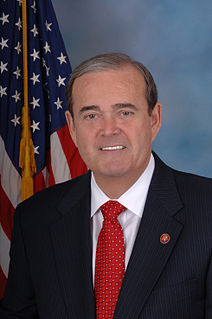A Quote by Jerry Costello
With faith and courage, generations of Armenians have overcome great suffering and proudly preserved their culture, traditions, and religion and have told the story of the genocide to an often indifferent world.
Related Quotes
A faith in culture is as bad as a faith in religion; both expressions imply a turning away from those very things which culture and religion are about. Culture as a collective name for certain very valuable activities is a permissible word; but culture hypostatized, set up on its own, made into a faith, a cause, a banner, a platform, is unendurable. For none of the activities in question cares a straw for that faith or cause. It is like a return to early Semitic religion where names themselves were regarded as powers.
Armenians, as a people that have survived the Genocide, have a moral duty towards mankind and history in the prevention of genocides. We have done and will continue to do our best to support the persistent implementation of the Genocide Convention. Genocide cannot concern only one people, because it is a crime against humanity.
A nominal Christian often discovers in suffering that his faith has been in his church, denomination, or family tradition, but not Christ. As he faces evil and suffering, he may lose his faith. But that’s actually a good thing. I have sympathy for people who lose their faith, but any faith lost in suffering wasn’t a faith worth keeping.
My wife told me, "Listen, you have to do something big, beautiful story." I remember that I read The Shack script and I told her that there is a big message over here, and as a Jew, I read the script, and I didn't see anything that connects to religion. It's not about religion, it's about faith, it's about God, and I connected with it, because from my point of view, there is God in this world.
The language of the culture also reflects the stories of the culture. One word or simple phrasal labels often describe the story adequately enough in what we have termed culturally common stories. To some extent, the stories of a culture are observable by inspecting the vocabulary of that culture. Often entire stories are embodied in one very culture-specific word. The story words unique to a culture reveal cultural differences.
So much blood has been shed by the Church because of an omission from the Gospel: “Ye shall be indifferent as to what your neighbor's religion is.” Not merely tolerant of it, but indifferent to it. Divinity is claimed for many religions; but no religion is great enough or divine enough to add that new law to its code.
We cannot indefinitely avoid depressing subject matter, particularly it it is true, and in the subsequent quarter century the world has had to hear a story it would have preferred not to hear - the story of how a cultured people turned to genocide, and how the rest of the world, also composed of cultured people, remained silent in the face of genocide. (v)

































